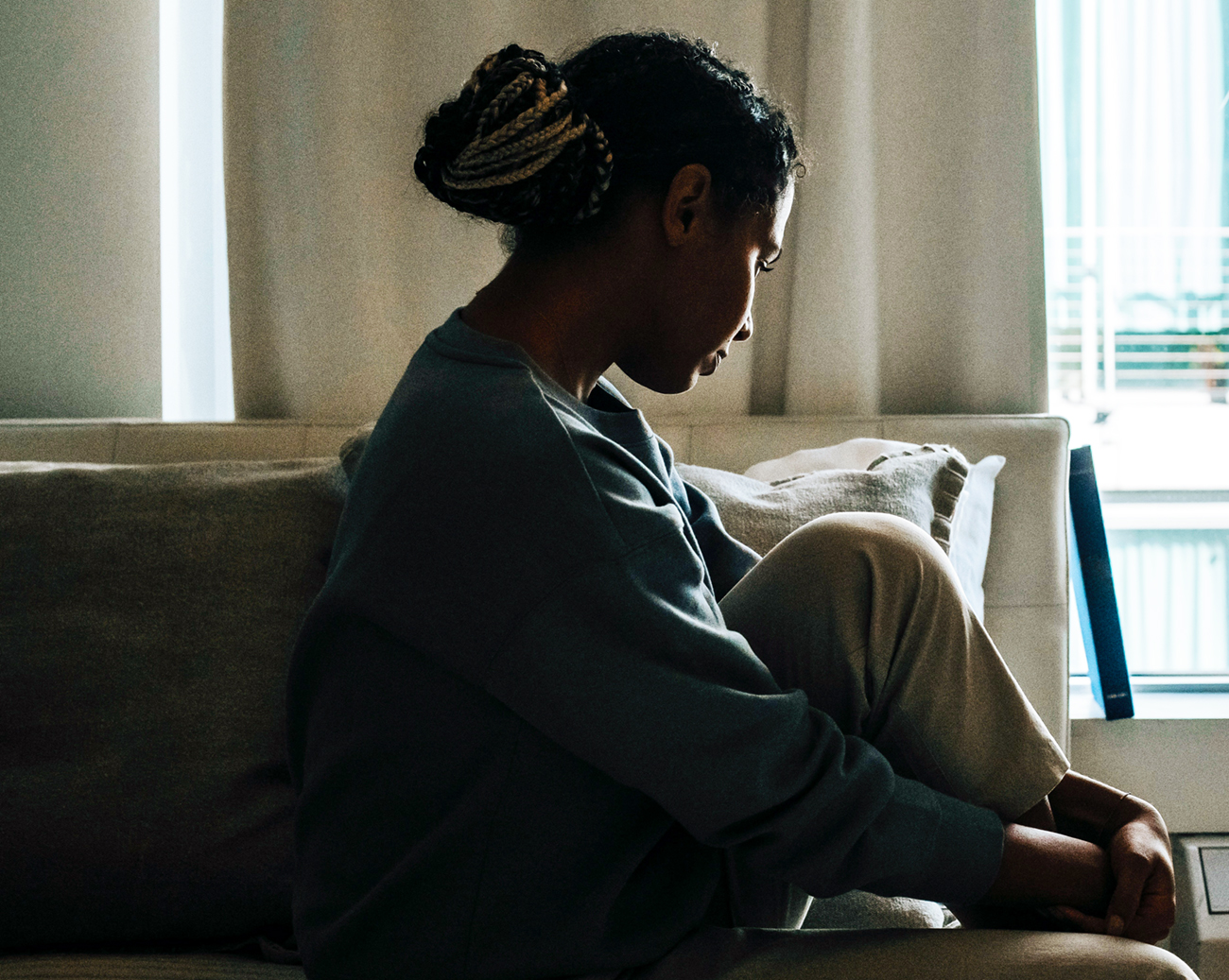
(Alex Green/Pexels)
An online retreat this coming weekend will offer support to women for whom Mother’s Day is a painful reminder of childlessness.
Springs in the Desert, a Catholic ministry dedicated to assisting couples affected by infertility, will host “Belonging: Springs of Hope,” a mix of live events and pre-recorded talks from May 7 to 9. The free series will begin with Mass on Friday at 7 p.m. EDT celebrated by Father Thomas Zehr from St. Charles Borromeo Catholic Church in Fort Wayne, Indiana.
After completing their online registration, participants will receive a passcode to access the secure sessions, ensuring confidentiality.
The retreat’s title speaks to a deep wound at the core of infertility, said ministry co-founder Ann Koshute, who said “there’s a sense of shame to a certain degree” among those left childless due to a range of conditions.
According to the Centers for Disease Control, about 6% of married women aged 15 to 44 years in the U.S. are unable to conceive after a year of attempts, while 12% of women in the same age group have difficulty getting pregnant or carrying a pregnancy to term. In about 35% of couples with infertility, both male and female factors contribute to the issue.
[hotblock]
A range of conditions can impair conception, including polycystic ovarian syndrome, primary ovarian insufficiency, pelvic inflammatory disease, endometriosis and uterine fibroids. Vascular and sperm count issues are the most common causes of infertility in men.
Regardless of the reason, a sense of isolation can result from the inability to conceive, said Koshute, especially “in the Catholic community, where a married couple is sort of expected to have children and a big Catholic family.”
Fellow believers can unwittingly compound such distress, she added.
“We’ve heard from some people over the past year who had well-meaning Catholics come up and talk to them about natural family planning (NFP), assuming (couples) were contracepting,” Koshute said.
In one case, she said, a parish worker with an only child was given an NFP brochure by a churchgoer who wanted to explain “about NFP and why contraception is not approved by the church.”
Such assumptions add to existing “emotions and pressures” experienced by infertile couples, said Koshute.
“We think, ‘Why can’t we get pregnant? Is God punishing us? What are we doing wrong, and why haven’t we been chosen to receive a blessing? Why is our marriage not fruitful?’” she said.
In some ways, COVID has intensified that alienation, said Koshute.
Due to pandemic restrictions, many couples have been “unable to make all of their doctor appointments, and perhaps have had to reschedule or put off surgeries,” she said. “And of course, time is of the essence, especially for women in their mid-to-late 30s and 40s.”
On the other hand, COVID lockdowns have also acted as a “buffer between women and the hurt they feel on Mother’s Day,” Koshute said.
“We actually had a number of women share they were relieved they didn’t have to go to church on that day, and be the person who remains seated when all the others are asked to stand for the Mother’s Day blessing,” she said.
[tower]
Koshute herself “felt a bit of that relief also” last year at this time, and as gathering sizes increase with relaxed restrictions, she’s concerned that some couples may avoid attending Mass in person this weekend.
“And that’s really sad, because that’s the day those of us struggling with this cross really need to be with our parish families, and need the sustenance of the Eucharist,” she said.
Clergy and pastoral leaders can “broaden their understanding of motherhood” — and benefit the entire parish community in the process, said Koshute.
“I know a priest who asks all women and girls to stand for the (Mother’s Day) blessing,” she said.
The gesture is “a beautiful affirmation” of what St. John Paul termed the “feminine genius,” she said.
In any state of life, women can experience motherhood, she said, as a “physical mother, an adoptive mother, a godmother, an aunt, someone who teaches religious education” or mentors in some capacity.
As the Catechism teaches, the church itself is a mother (CCC, 2040), and Koshute said faithful should “have that broader, deeper understanding of motherhood as intrinsically connected with womanhood and femininity.”
“Mother’s Day in our parishes doesn’t have to look exactly like it does in the secular world,” she said. “In fact, as with just about every issue, the church can shine a light into the world on what it truly means to be a woman.”
***
For more information, and to register for “Belonging: Springs of Hope – A Virtual Mother’s Day Retreat, visit www.springsinthedesert.org.
PREVIOUS: Persons with disabilities lead us to do ‘our very best,’ says archbishop
NEXT: New saint a ‘great blessing’ for persons with disabilities, say local advocates


Share this story